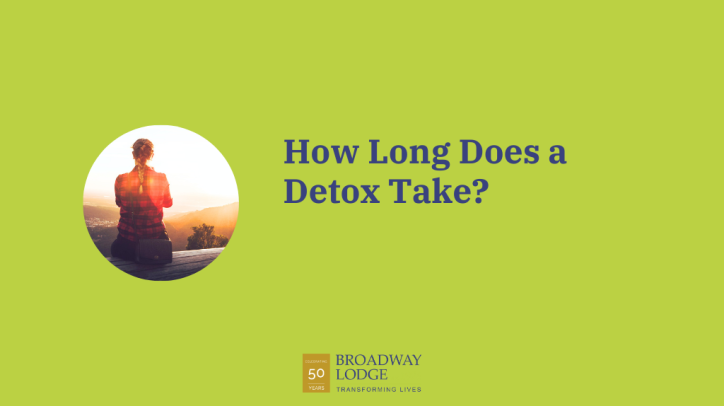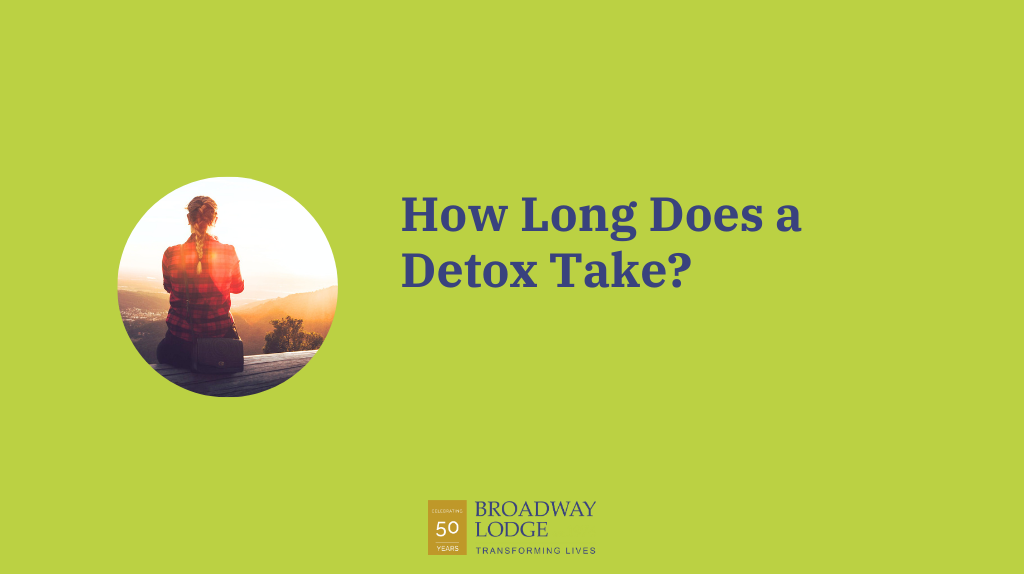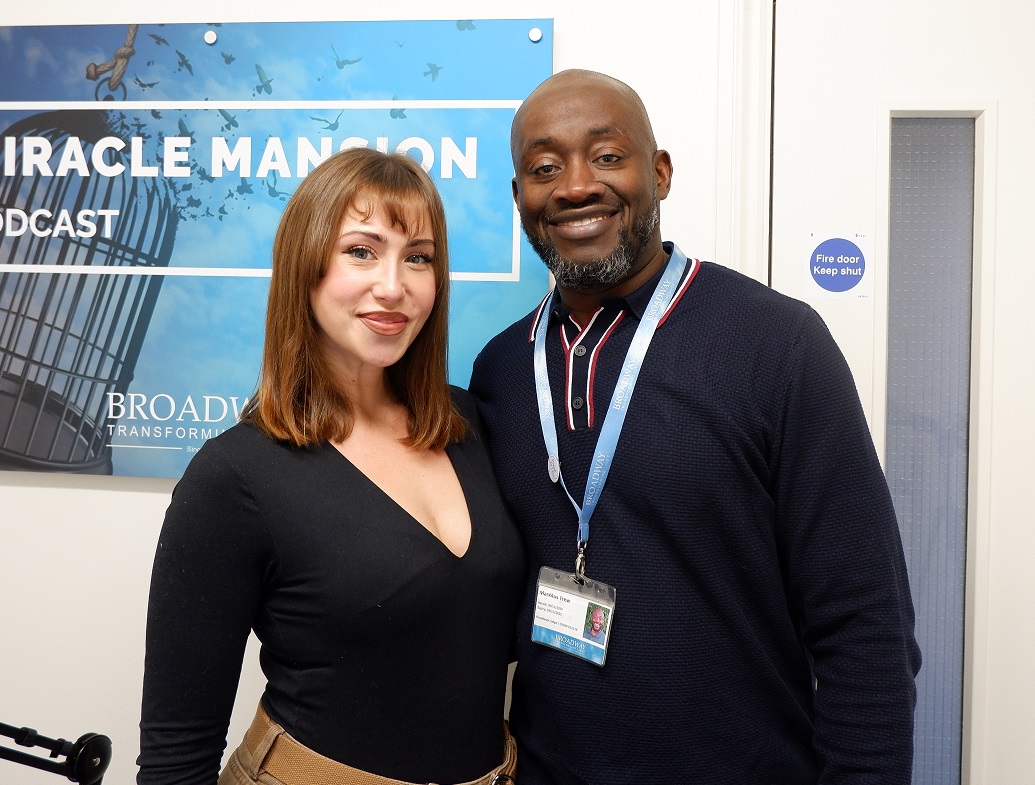People understandably sometimes have erroneous ideas about residential rehab. Often gained from the popular press, they may be seen as the preserve of celebrities or those with only extreme problems. The reality is both more complex and simpler. Fundamentally, residential rehabilitation is for anyone who needs treatment to recover from addiction.
Sadly, addiction is still very prevalent in society.
Problems related to drug misuse have increased – a 2017 report by the NHS reveals:
* In 2015/16 there were 8,621 hospital admissions with a primary diagnosis of drug-related mental health and behavioural disorders. This is 6 per cent more than 2014/15 and 11 per cent higher than 2005/06.
* Deaths related to drug misuse are at their highest level since comparable records began in 1993. In 2015 there were 2,479 registered deaths related to drug misuse – an increase of 10 per cent on 2014 and 48 per cent higher than 2005. And this does not include one of our most dangerous drugs – alcohol.
The need for treatment for alcohol-related addiction also continues to grow – a further NHS report confirms:
* There were 339,000 estimated hospital admissions related to alcohol consumption in 2015/16. This is 3% higher than 2014/15 and 22% higher than 2005/06.
* In 2015, there were 6,813 deaths related to alcohol consumption. This is an increase of 10% on 2005.
Addiction manifests much earlier in most addicts’ lives although it can go undetected for many years. Eventually, it may start to affect your work, relationships and social life and you begin to realise there is a problem.
What is residential-based rehab?
Residential-based rehabilitation is an effective treatment for those suffering from any substance or behaviour whether it be alcohol, other drugs, gambling, gaming, codependency and more. The right residential rehab treatment at the right time can literally be a life-saver for people who need it.
The best rehab centres can offer structured programmes that:
- Provide initial de-toxification where required prior to the recovery programme
- treat addiction with psychosocial interventions, including in-depth group therapy designed to build recovery capital
- support patients throughout the duration of the programme with appropriate person-centred responses including family conferences and complementary therapies
- provide patients with planned and coordinated on-going support after the residential period of treatment, a network of alumni, and brokerage into the worldwide fellowships.
Who can benefit from residential rehabilitation?
People who need extra or intensive help for their addiction find residential rehabilitation especially useful. They may have tried community-based treatment or prefer the focused residential setting to help overcome addiction and stay on the path to recovery. Patients suitable for residential treatment have typically included:
- people addicted to substances such as alcohol, prescribed medication (e.g. Pain relief medication or sedatives) and other legal and illegal drugs
- people with addictive behaviours such as sex, co-dependency, gambling and gaming
The advantages of residential treatment include constant care, the removal of temptations and time to recover and relearn new habits in a positive environment. Combined with the right care, residential treatment will greatly increase your chances of long-term recovery and a life free from dependency.
It is important to choose the right residential rehabilitation centre
Broadway Lodge has one of the best success rates in the sector with a high rate of clients completing their treatment with us. With over 43 years’ experience of working to the highest professional standards, our work has been recognised with many awards. We are one of the very few UK rehab centres with medical staff on-site 24 hours a day, 365 days a year.
Sources:
Statistics on Drugs Misuse, England 2017. NHS. February 28th 2017
Statistics on Alcohol, England 2017. NHS. May 2017












